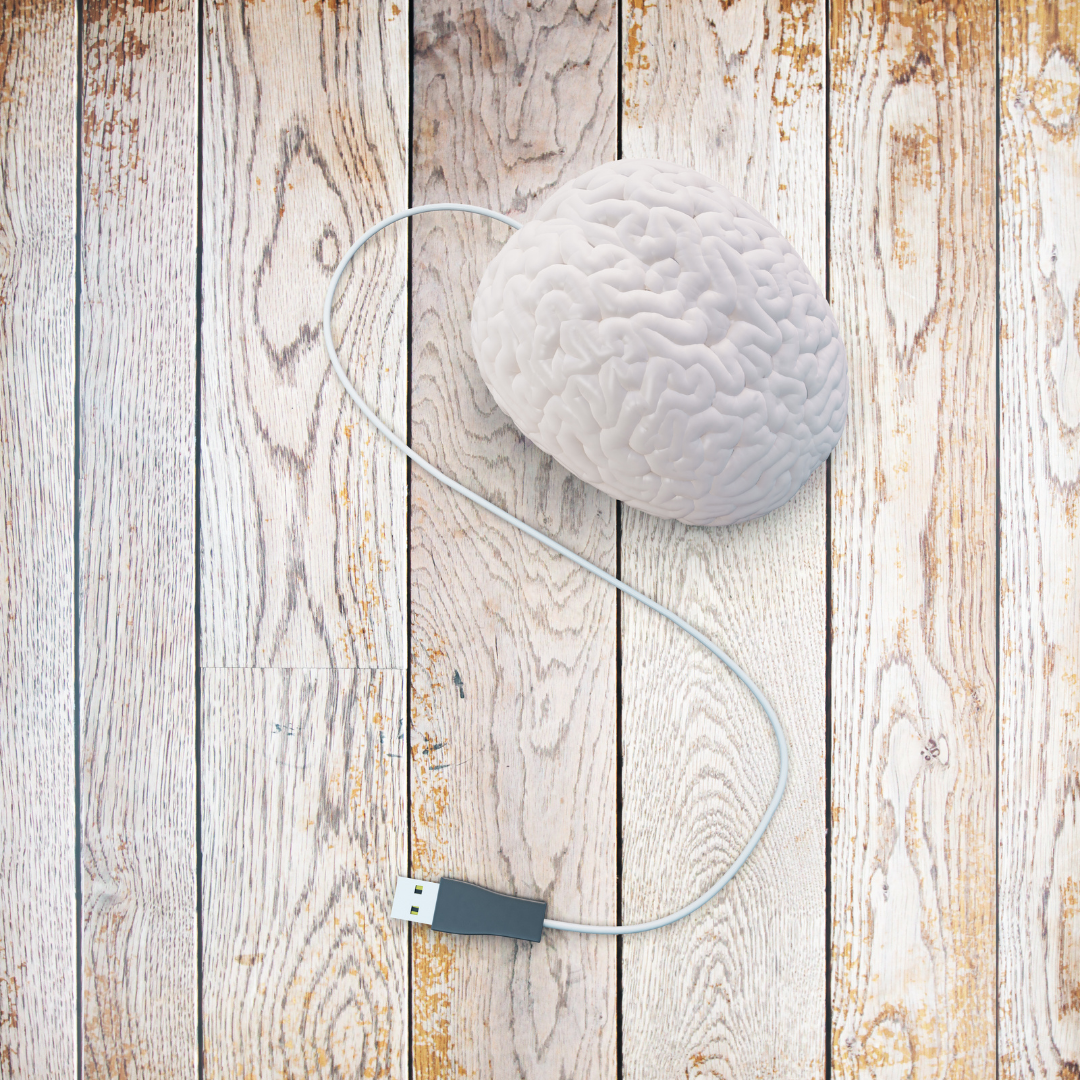|
3/21/2021 0 Comments The Brain-Gut ConnectionWe now know, with undeniable evidence, that the brain is absolutely impacted by our digestive health and that there is a direct link between gut health and brain health. So much so, that the gut is now referred to as the "second brain".
Research has demonstrated that depression, anxiety, migraines/headaches, "foggy brain" and many other diseases and brain symptoms are actually heavily influenced (completely influenced in many cases) by what is going on in our gut. A perfect example of how much gut health relates to brain health is Alzheimer's disease, which is now being dubbed as "type III diabetes". This reasoning is based on the fact that insulin resistance within the brain has been shown to be feature of Alzheimer’s disease. In other words, too much sugar in the diet is actually leading to toxin consequences in our brain. If you'd like to learn more about how diet and brain health are connected, please check out Dr. Perlmutter's books Grain Brain, Brain Maker or Brain Wash. So what can we do to ensure our gut & brain remain healthy? Dr. Axe also offers some great advice on how to support brain health through the diet. Here are a few of his suggestions:
Visit Dr. Axe's website to learn more about why these foods are important. Other actions we can take to support our gut & brain are: Include daily exercise - moving our body helps to keep our digestive system moving 'regularly'. Exercise also helps to promote the production of serotonin and dopamine, which as I mentioned before, are two of our 'feel good' neurotransmitters. Participate in stress relieving activities - this may include a walk in nature, meditating, getting a massage or simply taking 5 minutes to ourselves. Finding ways to reduce or manage stress has a direct effect on our digestion; digestion can slow (constipation) or speed up (diarrhea), when we are stressed. Stress relieving activities also support our brain in a variety of ways. Meditation for example, helps to increase neural connections which improves things like memory, cognitive performance (read the study here) and can also play a supportive in recovery from traumatic events. Sleep - Sleep is also critical for our brain and gut health. When we sleep, our body goes through a variety of important "housekeeping" tasks. Additionally, our gut health impacts how we sleep in a couple of ways. The "sleepy-time" hormone melatonin, and the neurotransmitter GABA (which helps us to relax, fall asleep and stay asleep) are produced in the gut. Even the dreams we have when we sleep are affected by the health of our gut. Dr. Emeran Mayer explains this in his book The Mind-Gut Connection: How the Hidden Conversation Within Our Bodies Impacts Our Mood, Our Choices, and Our Overall Health. I find it so incredibly humbling how amazingly connected the human body is! Knowing that what we eat, the activities we participate, how we manage stress and how we sleep can all affect our gut & brain health truly gives me a refreshed appreciation for the power and control we have on how we think and feel. I hope this article was helpful in some way to you! Take care and have a wonderful day.
0 Comments
Leave a Reply. |
Archives
December 2023
This website uses marketing and tracking technologies. Opting out of this will opt you out of all cookies, except for those needed to run the website. Note that some products may not work as well without tracking cookies. Opt Out of Cookies |
|
© 2023 Rachel Murray Holistic Nutrition
|

